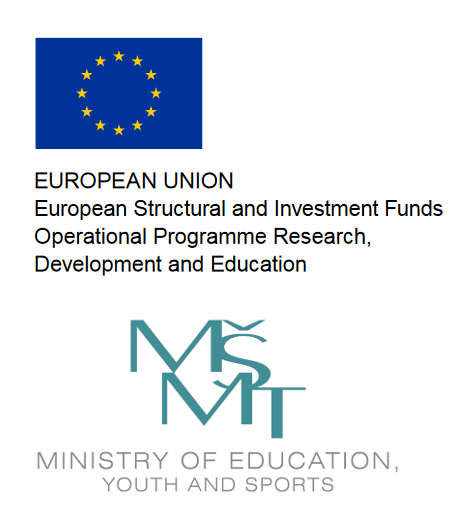STEMskiller: Skill Set Map for Mentors of Early Career Researchers
ABOUT STEMskiller
Brief overview
STEMskiller is an annotated early career researcher skills map.
Targeted users are:
- Mentors of PhD students and postdoctoral researchers
- Research group and training program leaders
- Curricula developers.
- PhD students and postdoctoral researchers doing self-study
The structure of content is derived from the four competence areas:
- Research and scholarship
- Learning, teaching, and supervising
- Career management
- Engagement, involvement, collaboration, transdisciplinarity, and inquisitiveness
Each of the general competence areas includes sub-areas with pertinent skills and competences.
All suggested resources are openly accessible to anyone online and all entries have at least one annotated resource example.
Each entry is “tagged” for fit within the Association of American Colleges and Universities’ VALUE framework and eurodoc's Transferable Skills and Competencies. Tags are defined in a separate section.
Purpose
STEMskiller is designed to be a structured, comprehensive, annotated, hyperlinked map to high-quality, openly-accessible English language sources of information about transferable skills that mentors can use to save time when working with early career researchers by providing intuitive and efficient navigation through a wide range of core topics.
STEMskiller also aims to assist mentors, administrators, and early career researchers at institutions lacking solid support for the development of research and teaching competencies by linking them to institutions with such services, which can serve as models for future service creation and refinement.In doing this, STEMskiller aims to level the academic playing field worldwide.
The STEMskiller hierarchy is additionally "translatable": institutions in different countries can translate its content into their own local languages as needed; through this process, they can identify areas in which they need to strengthen their institutions. If you wish to translate the STEMskiller hierarchy into your language, please feel free to do so, but we just ask that you would include a link to the original STEMskiller and a credit of some kind.
It fills gaps identified by, among others, The European Council of Doctoral Students and Junior Researchers (eurodoc) and the Marie Curie Alumni Association (MCAA).[1]
Methodology
The methodology STEMskiller’s curators use to identify and select high-quality resources is based on:
- Evidence-based literature review and analysis (main competency areas and sub-areas)
- Benchmarking of top training programs and best practices
- Findings from ethnographic studies, observations, and field experiences regarding advanced academic support provision.
For contributors
Mentors, leaders, and service developers are welcome to review the included resources as well as to suggest additional ones; draft forms for these two functions are available at:
STEMskiller curators will review suggestions. Curators reserve the right to decline suggestions for new resources and prefer (1.) resources created by non-profit educators at non-profit educational institutions over commercial content producers and (2.) openly-accessible content, with no subscription or data wall required for access.
Credits
(inspiration for development of topical groupings)
- EURODOC: Identifying Transferable Skills and Competences to Enhance Early-Career Researchers Employability and Competitiveness
- Vitae Researcher Development Framework
- Manchester Doctoral College: Postgraduate researcher development
- Chalmers University: Generic and Transferable Skills
- TUM Graduate School: Qualification program for doctoral candidates
- PhD OnTrack
Footnotes
[1] Kismihók, G., Cardells, F., Güner, P.B., G., Kersten, F., Björnmalm, M., Stroobants, K., … Parada, F.. (2019). Declaration on Sustainable Researcher Careers. Zenodo. http://doi.org/10.5281/zenodo.3194228


